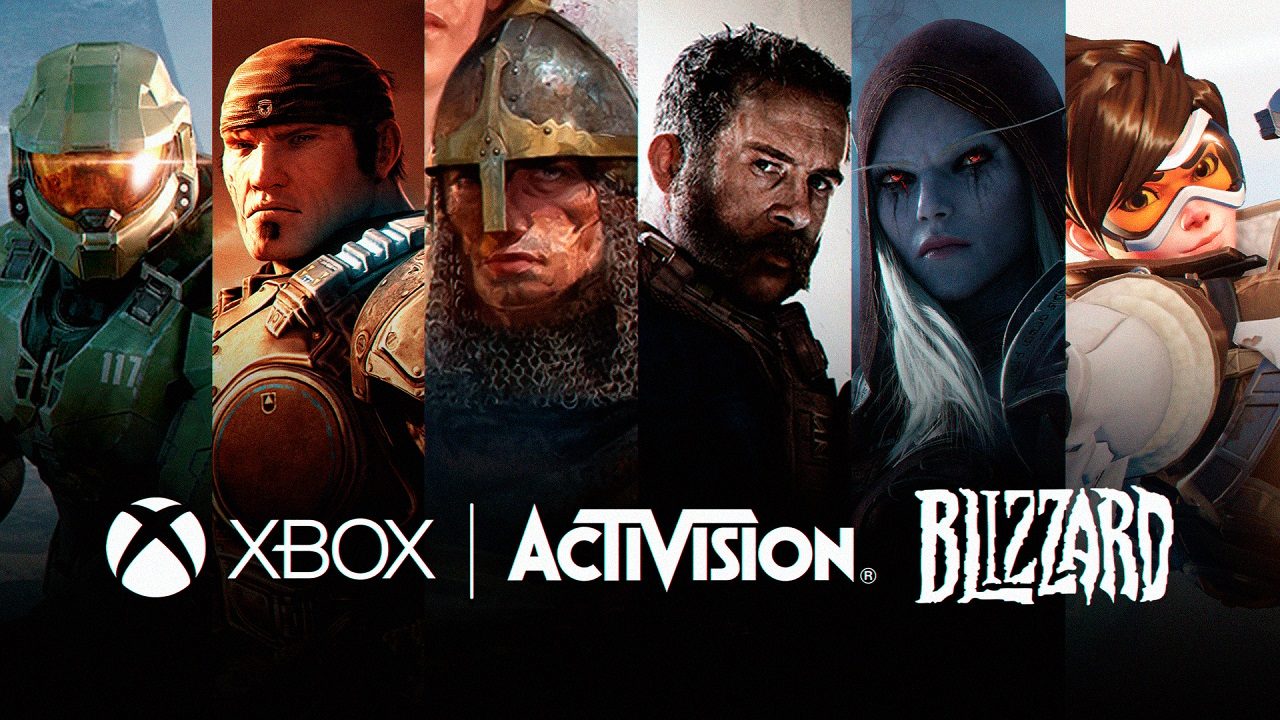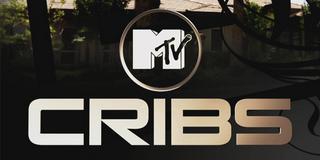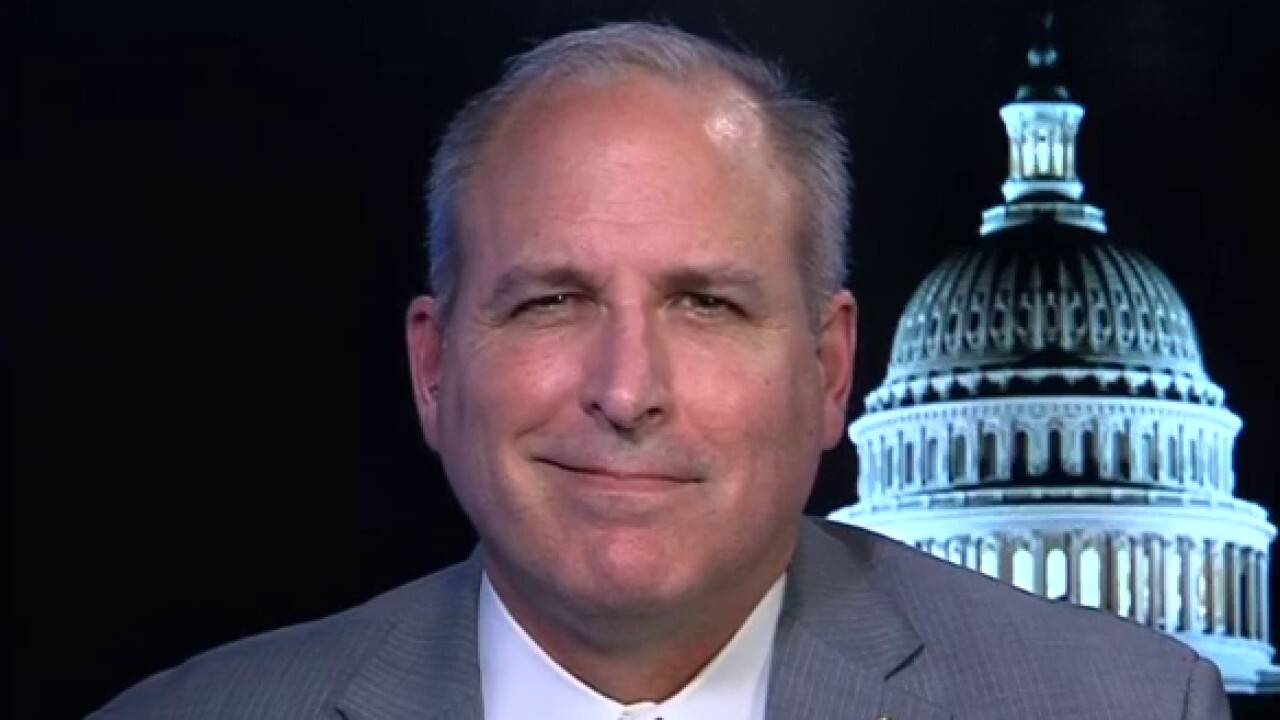Activision Blizzard Acquisition: FTC Challenges Microsoft's Win

Table of Contents
Main Points:
2.1. The FTC's Arguments Against the Acquisition:
The FTC's opposition to the Activision Blizzard Acquisition centers on several key arguments. They fear the merger will create an anti-competitive environment, harming both gamers and the wider gaming market.
-
Anti-competitive Concerns: The FTC argues that the merger would give Microsoft an unfair advantage, particularly in console gaming (Xbox), PC gaming (through Windows), and the burgeoning cloud gaming market. They highlight the potential for Microsoft to make popular titles like Call of Duty exclusive to its platforms, effectively locking out competitors like Sony and Nintendo. This exclusivity could significantly harm competition, driving gamers towards the Xbox ecosystem. Industry analysts point to Microsoft's existing market share and the strategic importance of Activision Blizzard's catalog to solidify this concern.
-
Market Dominance: Microsoft's already substantial presence in gaming, coupled with Activision Blizzard's vast portfolio of games and intellectual property, could create a near-monopoly. This market dominance would allow Microsoft to dictate prices, reduce innovation, and limit consumer choice. Their existing dominance in Windows operating systems further exacerbates this concern. The potential impact on competitors like Sony, which heavily relies on Call of Duty's popularity, is a primary concern for the FTC.
-
Harmful Effects on Consumers: Ultimately, the FTC argues that the acquisition would harm consumers. This could manifest in several ways:
- Higher prices: Reduced competition could lead to increased prices for games and gaming subscriptions.
- Less choice: Exclusivity deals could severely limit the availability of popular games on competing platforms.
- Reduced innovation: A lack of competition can stifle innovation, resulting in fewer new games and features. The fear is that Microsoft would focus less on innovation, as competition would be limited.
2.2. Microsoft's Defense of the Acquisition:
Microsoft vigorously defends its acquisition, arguing that the FTC's concerns are unfounded.
-
Microsoft's Counterarguments: Microsoft has consistently maintained its commitment to keeping Call of Duty available on multiple platforms, including PlayStation. They’ve offered long-term contracts to ensure continued access for Sony and other competitors. They also contend that the merger will foster innovation and benefit consumers through increased game development and wider game access.
-
Pro-Competitive Aspects: Microsoft highlights potential benefits, such as increased investment in game development, leading to more and better games for gamers. They also argue that wider access to Activision Blizzard's games, including through cloud gaming, would ultimately benefit consumers.
-
Legal Strategies: Microsoft has employed various legal strategies to fight the FTC's challenge, including lobbying efforts and legal arguments aimed at proving the acquisition won't harm competition. The case has seen significant legal maneuvering and counter-arguments presented by both sides.
2.3. The Future of the Activision Blizzard Acquisition:
The outcome of the FTC's challenge remains uncertain.
-
Potential Outcomes: Several possibilities exist: the FTC could successfully block the merger, a negotiated settlement might be reached, or a court could ultimately approve the acquisition. Each outcome has significant implications for the gaming industry.
-
Impact on the Gaming Industry: Regardless of the outcome, the Activision Blizzard Acquisition will significantly impact the video game industry’s structure and competitive dynamics. This case sets a precedent for future mergers and acquisitions in the sector.
-
Regulatory Implications: This case has broader implications for antitrust regulations and future mergers and acquisitions within the tech industry. The precedent set by this case will likely influence future regulatory decisions concerning large-scale tech mergers, potentially leading to changes in antitrust regulations. The FTC's approach to this specific merger will be closely watched by other regulatory bodies worldwide.
Conclusion: The Ongoing Battle for the Activision Blizzard Acquisition
The debate surrounding the Activision Blizzard Acquisition highlights the complexities of balancing innovation and competition in the tech industry. The FTC's concerns about anti-competitive practices and potential harm to consumers are significant. Conversely, Microsoft's arguments regarding increased game development and wider access to games also hold merit. Predicting the final outcome is challenging, but the case's impact on the gaming industry and antitrust regulation will be far-reaching. Stay tuned for updates on this pivotal Activision Blizzard acquisition case, and how it shapes the future of gaming.

Featured Posts
-
 Senior Events Calendar Local Trips And Activities
May 11, 2025
Senior Events Calendar Local Trips And Activities
May 11, 2025 -
 Find Kojak On Itv 4 The Ultimate Viewing Guide
May 11, 2025
Find Kojak On Itv 4 The Ultimate Viewing Guide
May 11, 2025 -
 Rich Kids Cribs A Tour Of Extravagant Homes On Mtv Cribs
May 11, 2025
Rich Kids Cribs A Tour Of Extravagant Homes On Mtv Cribs
May 11, 2025 -
 The Unlikely Alliance Apple And Googles Interdependence
May 11, 2025
The Unlikely Alliance Apple And Googles Interdependence
May 11, 2025 -
 The Impact Of Enhanced Border Security Fewer Arrests Higher Rejection Rates
May 11, 2025
The Impact Of Enhanced Border Security Fewer Arrests Higher Rejection Rates
May 11, 2025
